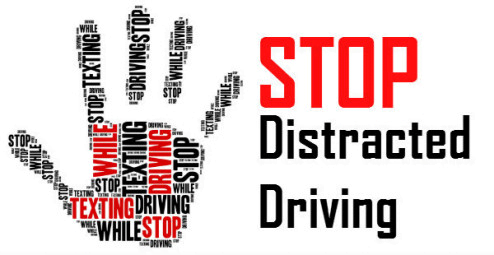At Morgan Law Group, our Florida, Louisiana, and Mississippi personal injury lawyers know that while we see negligent drivers every day — looking down at their phones, speeding, or dangerously changing lanes — it is still impossible to plan for an actual car accident occurring as a result.
When a collision does occur, the adrenaline from the accident can be overwhelming, and lead to confusion regarding what to do next. Unfortunately, evidence is going to play a vital role in how you recover from the crash, especially if you have sustained significant injuries.
Here are a few tips for identifying, collecting, and preserving physical evidence after a Florida, Louisiana, or Mississippi vehicle collision.
What is Considered Physical Evidence in Personal Injury Claim?
Physical evidence is that you can see, hear, or touch, and it is important to gather as much of it as your injuries will allow while you are still at the crash scene.
They may include:
- Photographs of the Crash Scene
- Witness Statements
- Police Reports
- Medical Records
- Receipts, Insurance Documents, and Medical Bills that Reflect Your Care Needs
- Daily Journal Recounting the Accident and the Physical, Emotional, and Psychological Challenges You Face
Keep everything that has anything to do with your crash, no matter how insignificant you might think it is, including receipts for taxis, rideshares, or public transportation that resulted from your car being damaged. Everything matters until your case is finalized.
Your Medical Records Will Help Tell Your Personal Injury Story
After a Florida, Louisiana, or Mississippi vehicle collision occurs, do not assume you are okay. Injuries are often masked by adrenaline, and what you may think is just soreness could be a serious condition that must be identified immediately to ensure your well-being is the priority.
Once you know the extent of your injuries, follow all your physician’s instructions, and attend all follow-up appointments with all healthcare professionals going forward.
You may personally request copies of all medical records including diagnosis reports, lab results, and discharge papers.
These important documents will tell the story of how severe your injuries are, and how your physicians are outlining your care requirements.
The insurance company will also ask you for permission to review your medical records. Do not provide the representative with access to your medical records without talking with an experienced personal injury lawyer in Florida, Louisiana, or Mississippi first.
We can help you understand the ins and outs of your unique personal injury claim, so you can stay ahead of the insurance company’s investigation and focus on your physical recovery while we protect your case and manage each of the legal details with precision.
Contact Our Experienced Personal Injury Lawyers for a Free Consultation
Contact our experienced Florida, Louisiana, and Mississippi personal injury attorneys at Morgan Law Group to schedule a free consultation today by calling 888-904-2524 to learn more about your legal rights and options to pursue the liable party who caused your vehicle collision and injuries for your full financial recovery.

